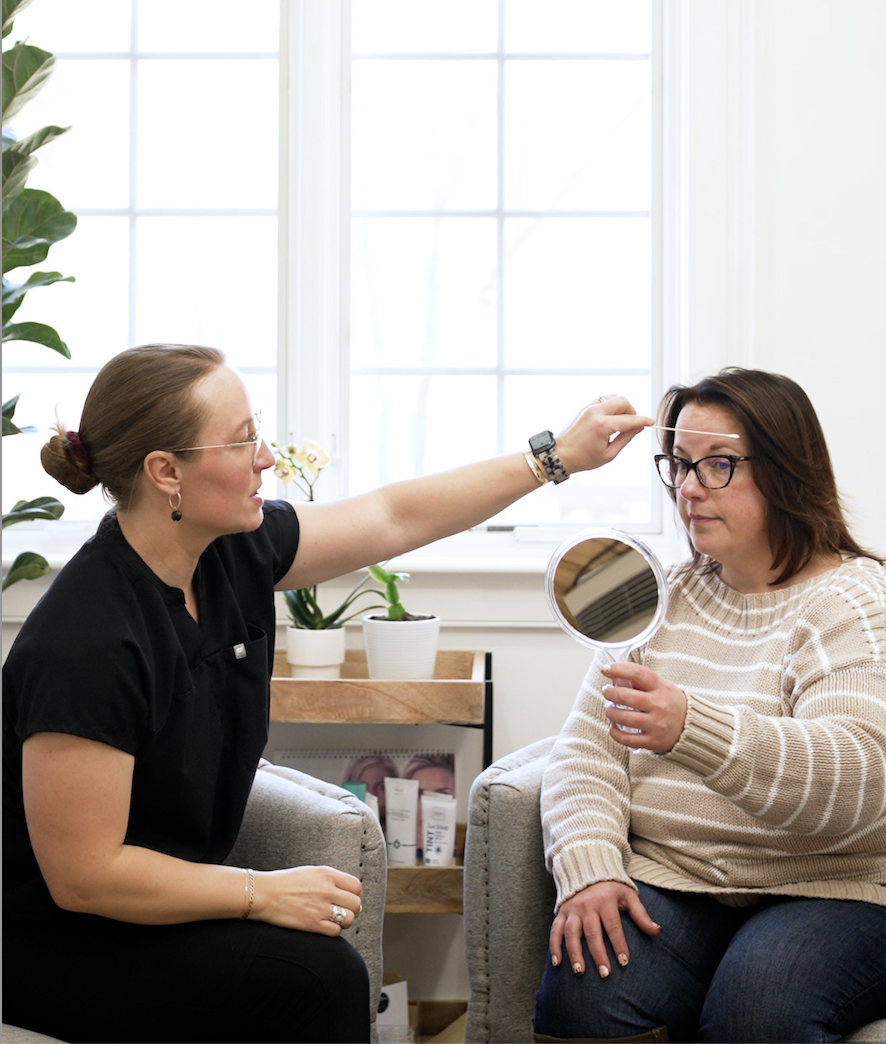



When you go to the hospital, you can rest assured to some extent that every provider has had the same basic education.
Providers may specialize, like cardiologists or pulmonologists, and receive additional years of education in these specialties. There’s a bad apple in every bunch, but these are reasonable assumptions.
Aesthetic injecting is very different. Here in the US, there is no official advanced training in aesthetic injecting. Not for doctors or nurses; not for dermatologists, or plastic surgeons, or anyone. All training is independent, sought out, and paid for by the provider at private training events.
These private trainers vary widely in rigor, duration, and depth. There are four-hour courses in botulinum toxins (Botox, Dysport, Xeomin, Jeuveau), and there are three-day courses with 40 hours of online didactic. Some courses offer injecting practice, some it’s just a lecture and a certificate.
This isn’t to say that the training makes the injector. Many injectors learn on the job and are excellent, safe providers. But in this industry I do believe it is our duty as clinicians to seek out continuing education throughout our career. Aesthetic treatments are continually changing. New treatments come out, and old treatments are sometimes found to be less effective or more dangerous, and are phased out.
I’ve had many patients inquire about my training and education, and I’m always happy to answer honestly and openly. My clinical background is in anesthesiology. I’ve been a certified registered nurse anesthetist (CRNA) since 2012. My first training course in aesthetics included 20 hours of online didactic training with three days of in person training in botulinum toxins, dermal fillers, and platelet rich plasma for CRNAs. In July 2022 I attended a 3-day advanced training course for CRNAs in botulinum toxins, dermal fillers, platelet rich factor, signature facials, and aesthetic lasers.
In August of 2022, I spent three days with a handful of the world leaders in the aesthetic industry. I learned lip injection techniques from Julie Horne, complications management from Dr Tim Pearce, critical thinking from Dr Christian Subbio, business essentials from Dr Felix Bertram, facial beautification from Dr Raj Acquilla, and communication and connection from Miranda Pearce.
If you’re curious about my training, I encourage you to look into these leaders and understand a bit about the people I admire. These are the kind of providers I emulate.


